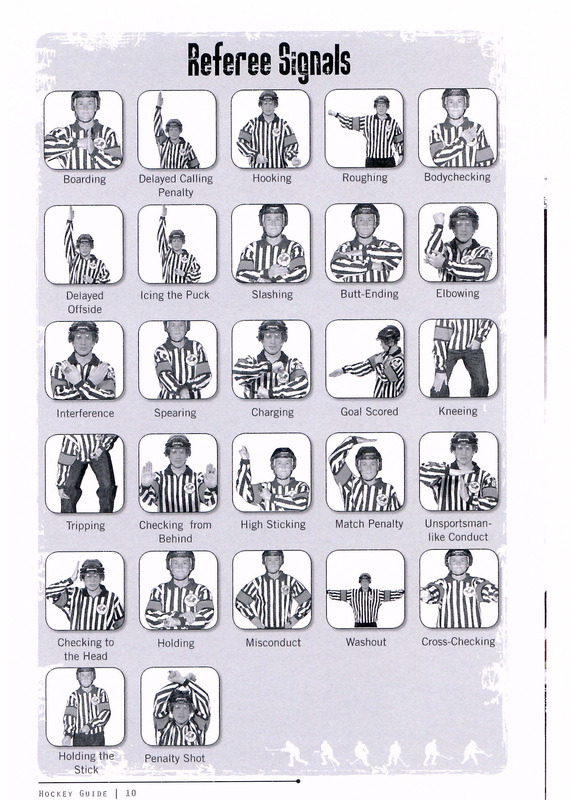Athletics
The Russ Report: Hockey Glossary Part 5

By Russ Eddins
Journalism Student
This week I’m offering a glossary that covers the essential parts of hockey every fan should know, ranging from information about the Ole Miss hockey team to penalties and other terms.
Let’s continue with our Hockey Glossary, Part 5.
Penalty Types

Minor Penalty
A minor penalty results in a player being sent to the box for two minutes. These are the most common penalties. Minor penalties end when the offensive team scores or when time runs out on the penalty. There are several different types of minor penalties; here are a few:
- Slashing: A player cannot use his stick to strike another player. This can result in the stick-breaking or being knocked out of the player’s hands.
- Tripping: A player cannot use his stick or body to make the opponent fall.
- Roughing: A player, or players, who go beyond the basic physical aspect of the game.
- Interference: Players cannot hit a player who does not have the puck.
- Cross-checking: Players cannot hold their sticks sideways to strike the opponent forcefully.
- Delay of game: There are several different ways to call this penalty, but the most common is hitting the puck over the glass without it being deflected off something.
- Double minor: If a player hits the opponent in the face (this does not include fighting), and blood is drawn, they will be assessed a four-minute penalty.
- Bench minor: These penalties typically occur off the ice. The coach is allowed to choose a player to serve this penalty.
- Unsportsmanlike conduct: Verbally abusing the referee.
- Too many players on the ice: A maximum of six players (including the goalie) per team can be on the ice at once. Sometimes players will get on the ice before the player they replace is off the ice. If they play the puck in this time, their team will be assessed a penalty.
Major Penalty
Major penalties are assessed for more severe infractions. These penalties result in five minutes in the penalty box. Major penalties end when the time on the penalty runs out. If both teams receive a major penalty at the same time, they are allowed to make a substitute for that player and play at 5v5. There are several different types of major penalties. Listed below are some of the most common:
- Fighting: A fight is initiated when two players drop the gloves and start trying to hit one other with their fists.
- Checking from behind: This penalty results when a player hits the opponent in any way from behind.
- Penalties under the minor section can be turned into majors. It depends on the severity and intensity of the penalty.
Misconduct Penalty
This penalty lasts 10 minutes. However, the offending player’s team will not be shorthanded. The offending player can be ejected from the game. This penalty is assessed based on the severity of the penalty.
Match Penalty
Players who receive match penalties are ejected from the game. The player’s team will be shorthanded for five minutes. This penalty is assessed when a player injures or attempts to injure another player. Players can be suspended for match penalties. There are several different types of match penalties, including: attempt to injure, biting, throwing a stick or any object, and wearing tape on hands in altercations.
Penalty Shot
A penalty shot is when a skater is given a one-on-one with the goalie. The skater comes in from center ice, and no player can interfere during this time. A penalty shot is given when a player illegally takes a scoring opportunity away from the opponent. This includes tripping and slashing the player with the puck while they have a clean lane to the goal.
Sources
Hockey Rink Lines Explained (with Images) – Gaimday
A Complete Guide to Penalties in Ice Hockey
What are the types of penalties in hockey?








































